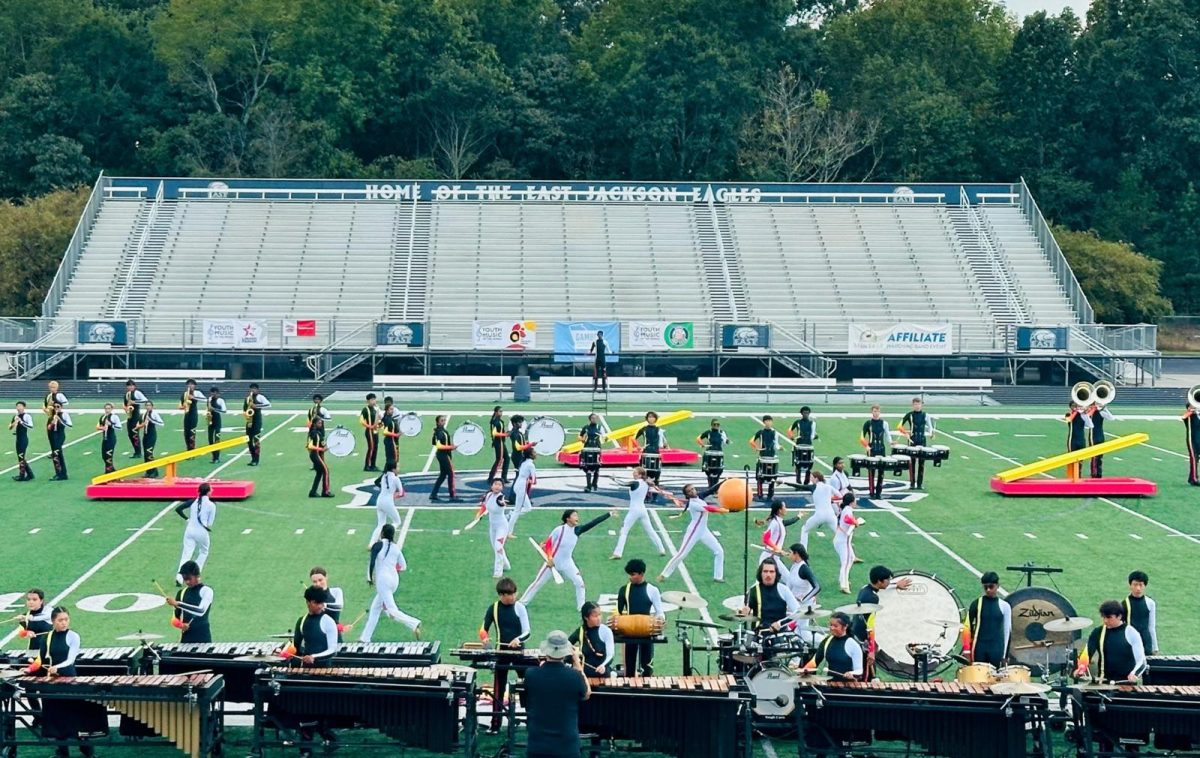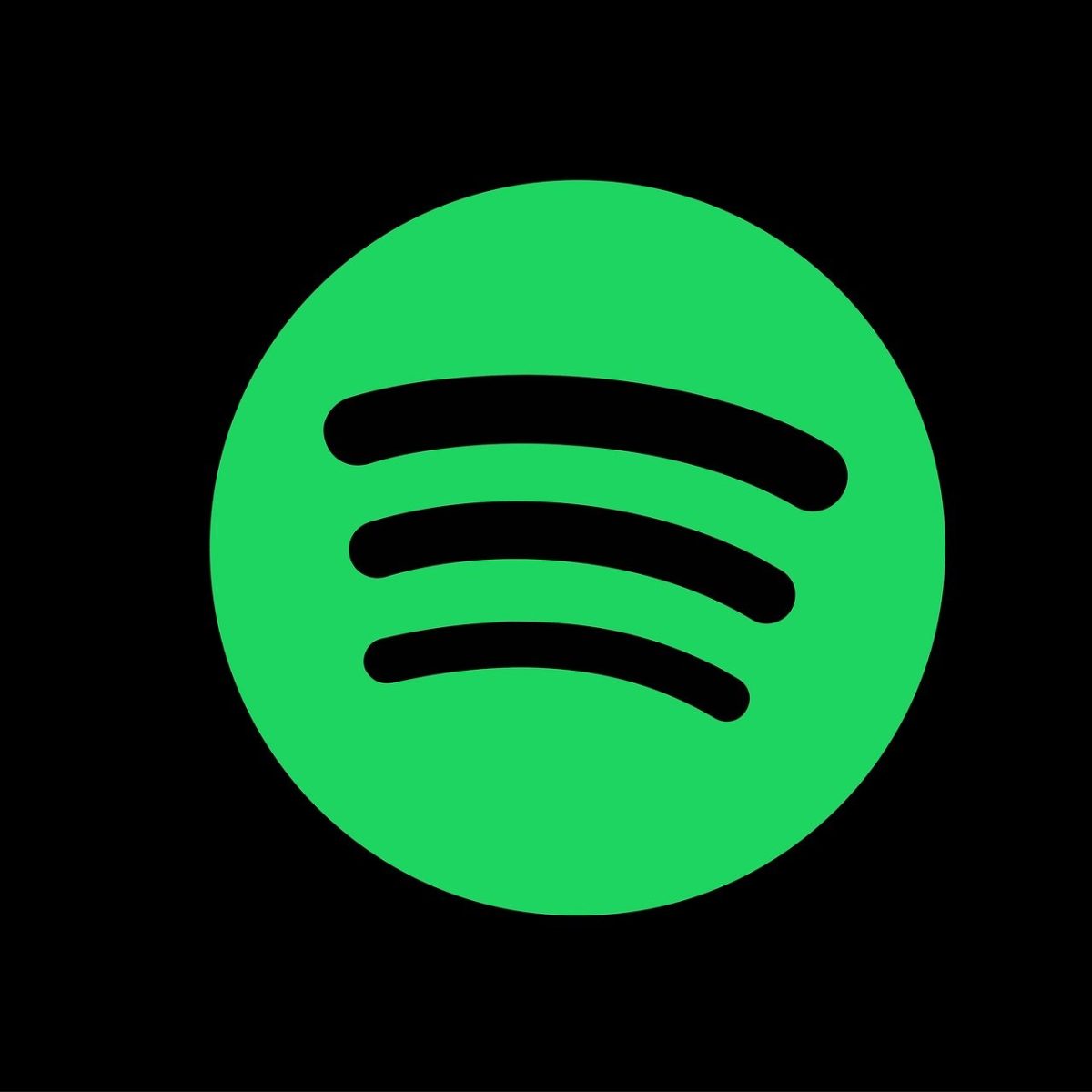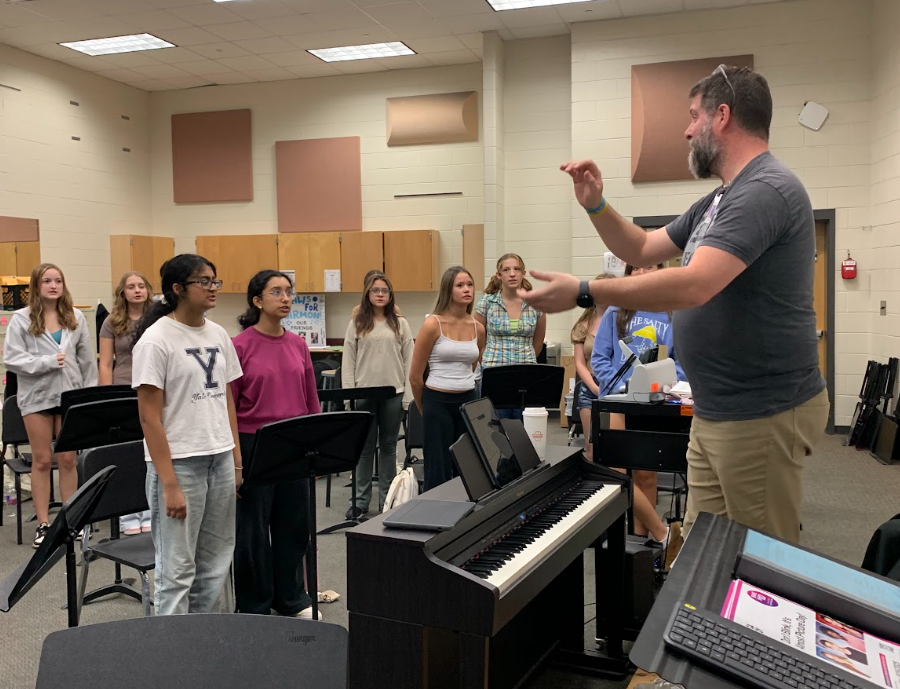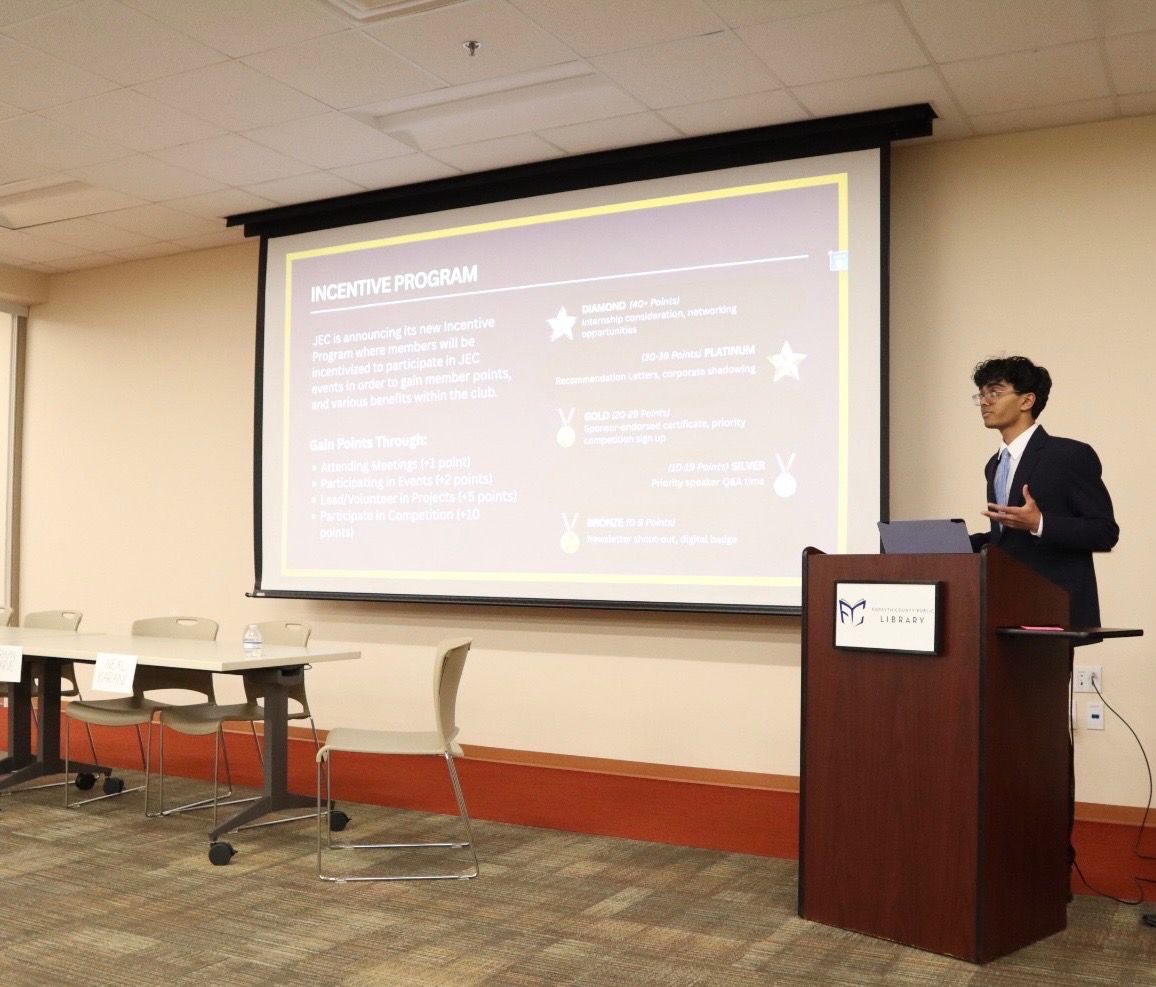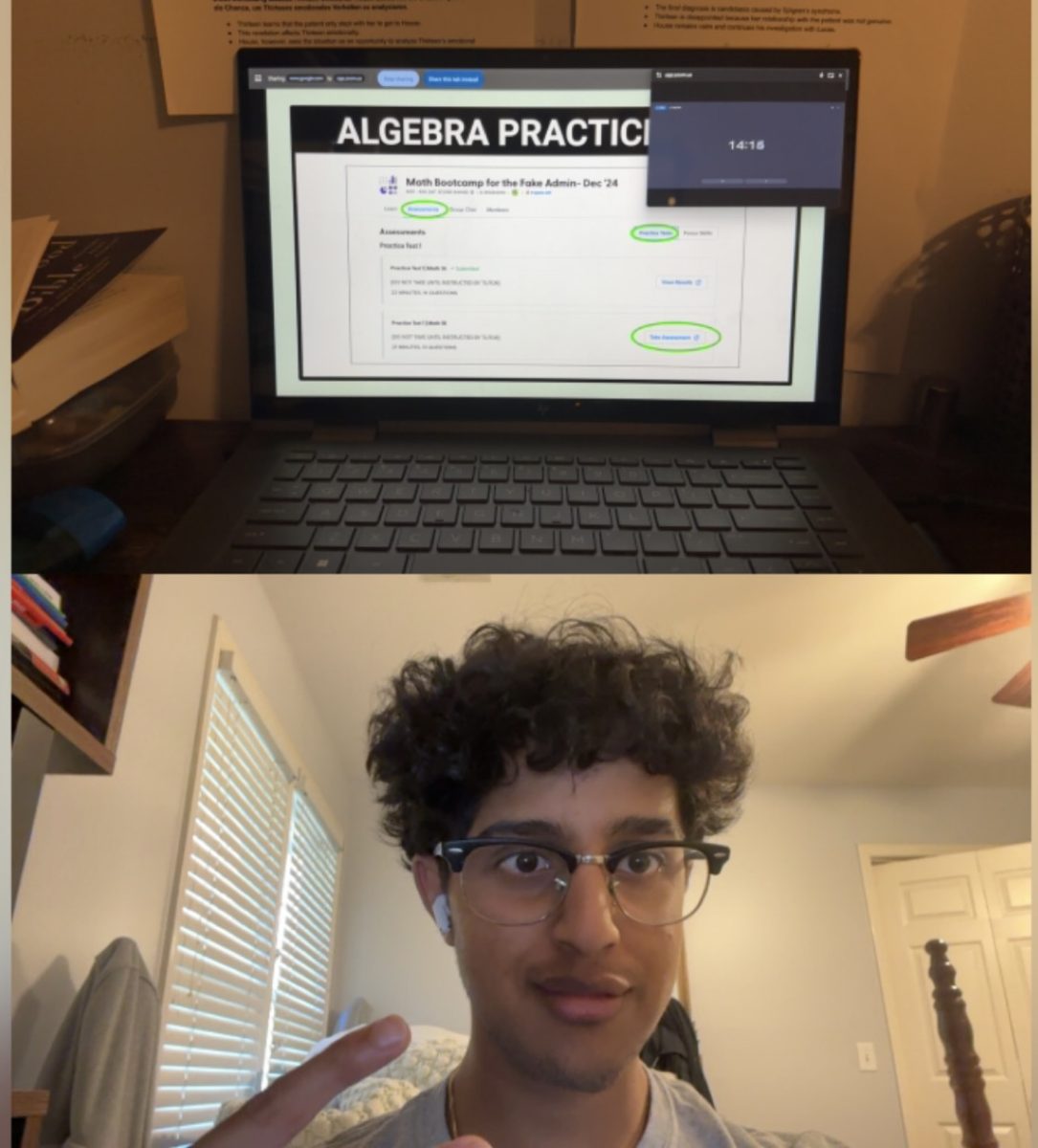Podcasts have become a transformative force in presidential elections, offering candidates, political analysts and voters a unique platform for extended and nuanced discussions. While traditional media often condenses complex issues into short clips, podcasts fill the gap by providing deeper dives into politics, personalities and political strategies.
“It’s crazy that podcasts are now what politicians are using to garner votes,” Lambert senior Jay Hyun said. “They’re adapting to the changing media scene, and it’s cool to see.”
For instance, President-elect Donald Trump appeared on several podcasts with predominantly young audiences. One such podcast was “The Joe Rogan Experience,” a popular show hosted by Joe Rogan, a popular internet personality and comedian, who interviews a wide range of prominent guests, including Elon Musk and Neil deGrasse Tyson. By doing so, he not only communicated his policies but also positioned himself in conversations that align heavily with younger voters, a demographic often challenging to reach through traditional media.
Many also feel that podcasts allow politicians to speak more freely as opposed to time-constrained formats of traditional media appearances, such as televised debates or press conferences.
“Podcasts are more authentic, I feel like you can really get to know more about them [politicians] rather than debates on TV, for example,” Lambert senior Christian Kim said.
Unlike strictly moderated debates or quick television sound bites, podcasts provide a candid space for candidates to delve into complex issues. The long-form nature allows for more open conversations where candidates can articulate their visions without constraints of time or traditional media framing. Shows like “The Joe Rogan Experience” or “Pod Save America” have hosted numerous candidates, offering millions of listeners an intimate glimpse into their views and personalities.
Aside from appearances by presidential candidates, commentators and analysts also leverage podcasts to influence public perception of elections. Programs like “FiveThirtyEight Politics” and “The Daily” dissect polling data, campaign strategies and voter trends, shaping the narratives of political discussions.
Podcasts not only break down complex election dynamics for listeners but also provide a platform for alternative perspectives often absent from mainstream media. For disengaged voters, podcasts serve as low-pressure entry points into political discourse, offering a more relatable and conversational approach to understanding elections. Whether through appearances by candidates or analyses by commentators, podcasts foster a more inclusive conversation about the issues that shape elections, making them an essential tool for modern democratic engagement.





